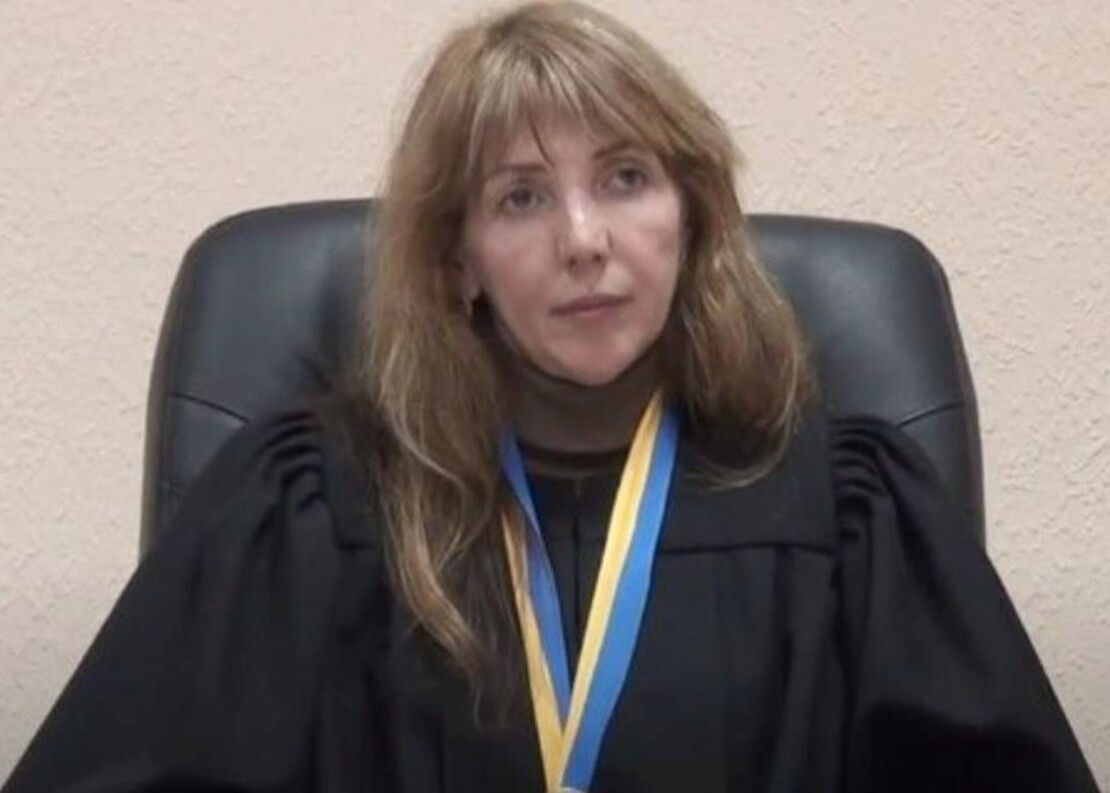Case description
On January 13, 2023, the HACC found Oleksandra Brahina, judge of the Kyiv District Administrative Court, guilty of failing to submit an electronic declaration for 2020. Brahina was initially acquitted in the HACC's appellate instance, but now the case is being heard again.
In 2021, the judge did not send an e-declaration to the NACP. Allegedly, her religious beliefs do not allow her to use an electronic signature, and it is impossible to file a declaration without it. This coincided with the introduction of a new procedure for full verification of declarations, which involved the use of automated algorithms.

At the same time, in 2016–2019, the judge had a digital signature and submitted electronic declarations. However, according to Brahina, all this time, the EDS “distorted her personal feelings and negatively affected her consciousness, she was in a state of discomfort, felt a burden and guilt towards the church representatives.”
During the trial, Brahina insisted that she did not intend to evade filing the declaration or conceal any information. According to her, only her salary changed, and her assets remained the same. However, it is difficult to verify this, as a full check can only be started after the declaration is submitted electronically.
The most interesting thing is that in 2020, the HCJ brought Brahina to disciplinary responsibility and suspended her from administering justice for six months for disrespectful treatment of a litigant who challenged the non-issuance of a booklet passport to his daughter because of his religious beliefs—the same beliefs that Brahina later used as arguments in her case. Then she called the man “an amateur” and urged him to perform religious rites in appropriate institutions, not in a courtroom.
The court classified Brahina's actions under Article 366-3 of the Criminal Code of Ukraine and sentenced her to a fine of UAH 51,000 with deprivation of the right to hold certain positions for a year.
However, the appellate instance acquitted Brahina and closed the case due to the lack of corpus delicti. According to judges Danyila Chornenka and Inna Kaluhina, Brahina's religious beliefs are confirmed by the fact that in 2005 she refused to give up her tax number, received her salary by mail, had no bank accounts, and refused to use an electronic signature in 2019. Decisions of other courts, including the dissolved Kyiv Administrative Court, were also used as evidence.
Mykola Hlotov, an appellate judge, issued a dissenting opinion in which he insisted on upholding the verdict. He asked Brahina which church canons prohibit a person from filing a declaration with an electronic signature.
The Supreme Court overturned Judge Brahina's acquittal and sent her case back to the appellate court for reconsideration.




